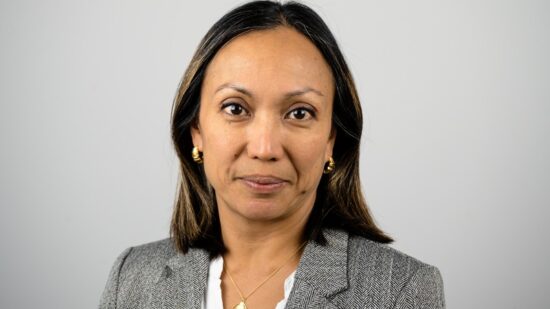Speaking at a Treasury select committee hearing this morning, he admitted investors with portfolios between £50,000 and £100,000 may not be getting the same level of service they had received prior to the RDR and this was worrying, even if some of that advice was ‘just sales dressed up as advice’.
When prompted by the select committee chairman Andrew Tyrie, he said the drop in the availability of advice needed to be addressed and the FCA could “do more”.
However, Wheatley also said the improved professionalism of advisers and removal of product bias had been notable successes of the RDR. He added that more web-based, entrepreneurial models were emerging, aiming to deliver advice in a new ways.
Wheatley’s comments came in spite of the FCA’s report in July 2013, which revealed that there were 21,684 qualified financial advisers working in the UK. This represented a rise over the 20,453 counted at December 2012 and was well within the range predicted by independent research from the Financial Services Authority. At the time, the FCA attributed the rise in numbers to advisers re-entering the market.
In contrast, advisers dismissed the rise in figures as an anomaly, saying the FCA stats simply showed the impact of those who did not pass their exams by the December deadline returning to general practice or former bank advisers finding work elsewhere. Ernst & Young continues to estimate a drop of around 10% for adviser numbers – largely driven by big banks exiting the financial advice sector – to around 20,000 qualified financial advisers.
The FT Survey of Leading Wealth Managers, conducted by Ledbury Research in June, showed that the number of both active private clients and client facing advisers were down by 2% on a like-for-like basis compared with the previous year.







